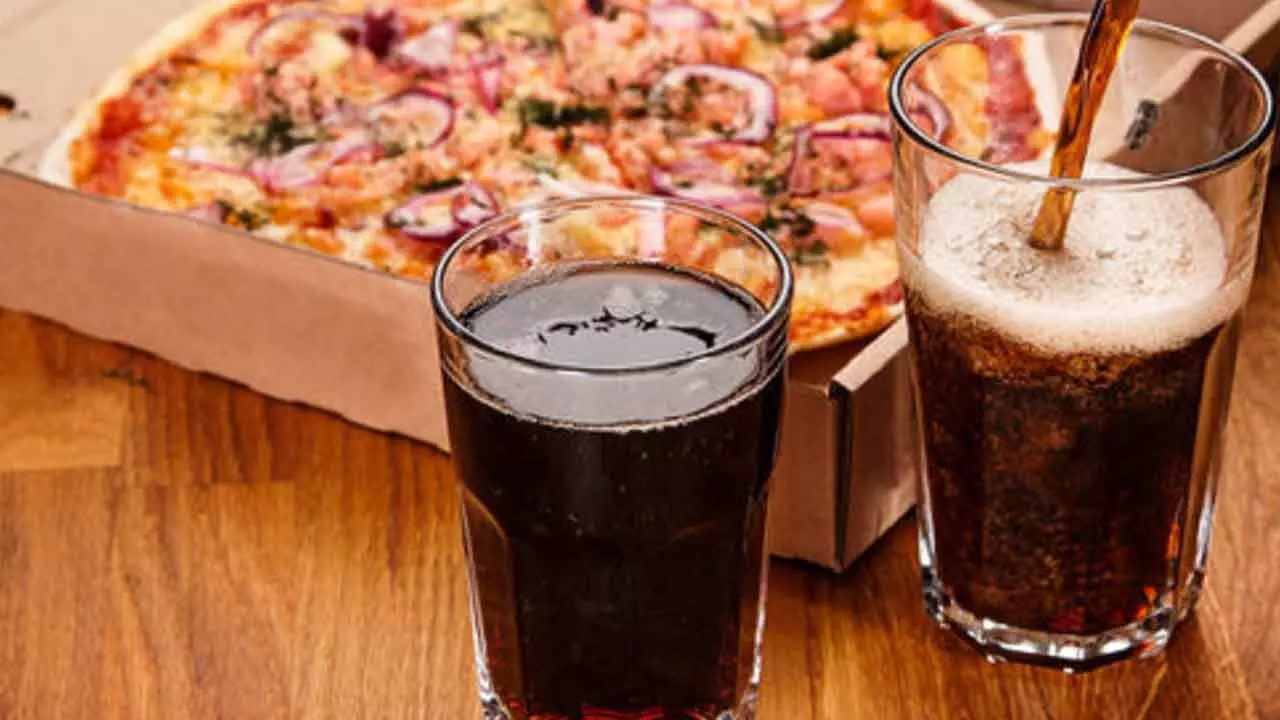CBSE's Sugar Board's Move Essential, Aligns With Global Nutrition Goals: Experts
Type 2 diabetes, once only prevalent in adults and the elderly, is now more common among children
CBSE's Sugar Board's Move Essential, Aligns With Global Nutrition Goals: Experts

New Delhi: The recent directive by the Central Board of Secondary Education (CBSE) to install "Sugar Boards" in schools is an essential public health measure that also aligns with global nutrition goals, said health experts on Tuesday.
Amid increasing cases of diabetes and obesity among young children, the CBSE, last week, instructed over 24,000 affiliated schools across India to establish sugar boards.
The Sugar Boards will provide essential information, including recommended sugar intake, the sugar content in commonly consumed foods (such as junk food and cold drinks), health risks associated with high sugar consumption, and healthier dietary alternatives. “This initiative educates children about the dangers of excessive sugar consumption, which is a major contributor to childhood obesity and Type 2 diabetes. By clearly displaying recommended sugar intake and the sugar content in common foods, the boards promote awareness and healthier choices,” Dr Naval Vikram, Professor of Medicine, at AIIMS, New Delhi, told IANS
“Coupled with workshops and parental involvement, this approach can reshape dietary habits early in life. It’s a timely and necessary public health measure that aligns with global nutrition goals and helps build a foundation for long-term wellness among Indian children,” added the expert.
Type 2 diabetes, once only prevalent in adults and the elderly, is now more common among children.
In the letter to school principals, the CBSE attributed the alarming trend, seen particularly in the last decade, to high sugar intake, often due to the easy availability of sugary snacks, beverages, and processed foods within school environments.
The World Health Organisation (WHO) recommends a reduced intake of added sugar throughout one's life. In both adults and children, WHO recommends reducing the intake of free sugars to less than 10 per cent of total energy intake.

